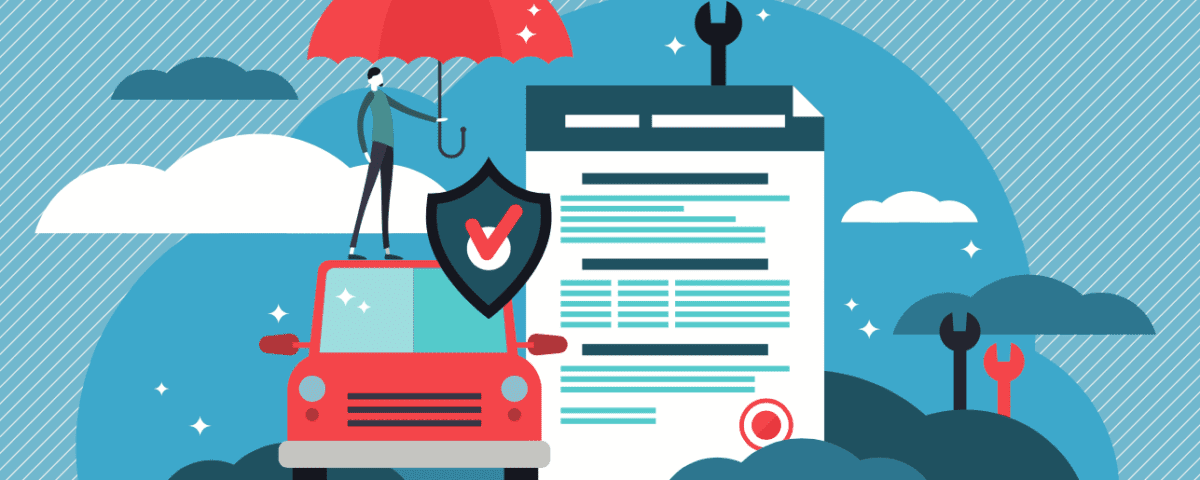Understanding Uninsured/Underinsured Motorist Insurance

For the insured driver, knowledge is power. All too often, we find clients typically lack a clear understanding regarding the benefits of electing UM/UIM as part of their auto insurance. However, once you’ve been involved in a car accident, it’s too late to make changes to your coverage! Take a moment and review your auto policy today. Check to see if you would be covered if an uninsured driver hits your vehicle.
What is it?
The terms “uninsured” and “underinsured” are often used interchangeably. In the state of Georgia, both offer beneficial coverage to the policy holder(s) and possibly even permanent residents in his or her home. For example, if you selected UM/UIM coverage through your auto insurance carrier, it will pay a portion or the full amount of any medical bills incurred as a result of the injuries sustained from the car wreck and the treatment obtained.
The difference… Uninsured motorist insurance is applicable if the at-fault driver does not have an active auto insurance policy. However, Underinsured motorist insurance covers medical expenses in excess of the liability coverage alloted through the at-fault driver’s insurance if there is simply not enough coverage.
The Fine Print
When it comes to choosing the type of uninsured or underinsured motorist insurance coverage, there is one small detail that makes a BIG difference. Pay attention and choose the “add on” or “excess” specification. As a rule of thumb, this option is best as it works on your behalf. This specification allows your own auto insurance policy to become “stackable”. For example, if you elect a UIM policy in the amount of 100/300. This will provide access to an extra $100,000.00 to help pay your medical expenses in addition to the liability coverage available.
The catch: UM/UIM coverage is only applicable in two situations:
1) If there is no active liability coverage. Ex. a hit and run accident.
2) If the active liability coverage has been exhausted.
Take the necessary steps to guarantee you and your family are insured in a worse case scenario. Contact your local insurance agency to learn more about the coverage offered under for your current policy.
